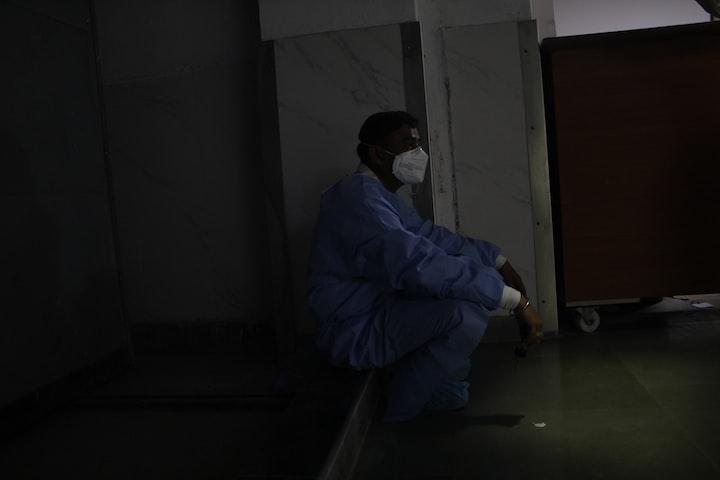What NOT to Say to Someone With Complex PTSD
When someone is dealing with complex PTSD, it is important to be mindful of what you say. There are certain things that can trigger a negative reaction or set back their progress. Here are some things to avoid saying to someone with complex PTSD:
1. “It’s all in your head.”
This invalidates the person’s experiences and can make them feel like they are going crazy. It can also make them feel like they are not believed or supported.
2. “Just let it go.”
This is another way of telling the person that their experiences are not valid and that they should just forget about them. This can prevent the person from working through their trauma and could make them feel worse.
3. “You’re being too sensitive.”
This is dismissive and insulting. It makes the person feel like their reactions are unreasonable and that they should just toughen up. This can prevent the person from seeking help or opening up about their experiences.
Read More »What NOT to Say to Someone With Complex PTSD





